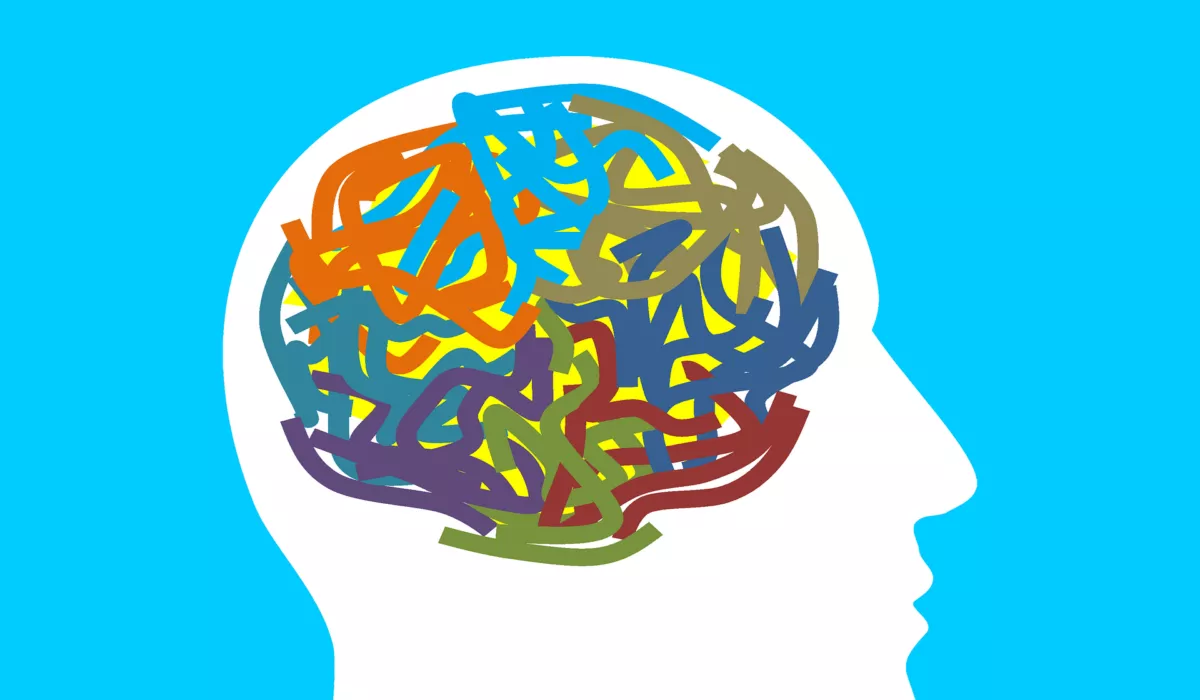Last Wednesday, we were able to host Jessica Norman, a research assistant at UCL. Jessica’s psychology research is heavily intertwined with NLCS’ student body, as it is focused on treating mental health difficulties in adolescence, and Jessica has conducted many focus groups with the NLCS students, showcasing an app she is developing that analyses the effects of positive and negative feedback.
Jessica’s talk was centred around the issues surrounding mental health treatment in adolescents, a topic that is incredibly relevant to the NLCS community. She explores the impact, both long and short-term, of the issues of treating mental health difficulties. Jessica detailed how half of the mental health difficulties in adults are established by the age of 14, and how the field of psychology is not yet advanced enough to provide effective and personal treatment to each patient. Treatment starting at a young age improves the symptoms reliably, allowing relief to people who may be faced with mental health difficulties.
Jessica also illustrates the advancement in the field, embodied by the use of randomised controlled trials (RCT). RCT evaluates treatment efficacy, and her specific trial at UCL allows teenagers who are looking for mental health treatment to participate in the study. However, she communicates that RCTs occur on a group level rather than an individual level, and consequently can prevent specified treatment which would ultimately prove to be more efficient. Individual outcomes can be predicted, although many psychologists express that there are certain factors you can and cannot control which can lead to the development of mental health difficulties, such as adverse early experiences, demographics, familial environment, etc.
Jessica also highlights the numerous barriers present in psychology, both conscious and subconscious. Barriers include individual vulnerability and self-selection bias, and the conscious bias that may come from questionnaires, as there is no way to test for genuine or reliable answers. A potential solution to this would be gathering a holistic view from teachers, parents, and friends, but that raises the ethical question of patient confidentiality. Furthermore, the variation within diagnostic categories can lead to ambiguity when diagnosing. There are 119 symptoms that can be characterised as depression, and partnered with shared experiences between multiple conditions, makes the field of psychology and treatment unreliable and sometimes ineffective. This is due to everyone’s unique biology and environment, which contribute to inimitable profiles that are harder, costly, and more time-consuming to target and treat.
Jessica also spoke of individual differences in emotional processing, the set of cognitive abilities that help to recognise and respond to emotion in ourselves and others. She highlighted how everyone reacts differently, and how reaction and emotional response depends on expectations, consequences, temperament and personal beliefs. Those with mental health difficulties are hypothesised to perceive their emotional processing in mental health, for example, focusing on more negative emotions and struggling to disengage. These processes are not necessarily conscious. This can consequently impact the efficacy and effectiveness of the treatment.
She concluded by explaining how adolescence is an important time for intervention to try to prevent dire consequences, however as psychology is a relatively new field, developments are required to increase the efficiency of treatment.
Mahi, NLCS News Team


